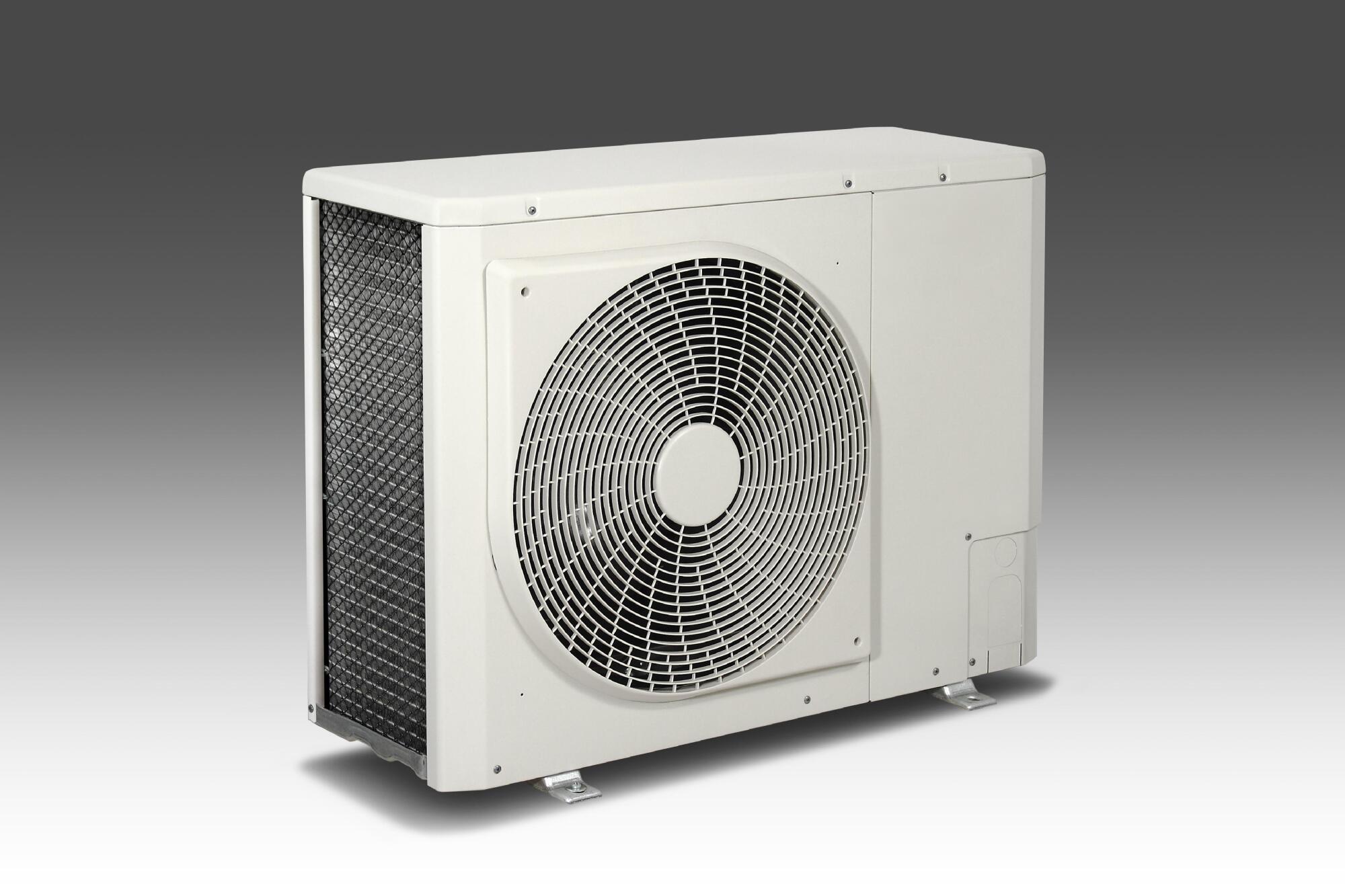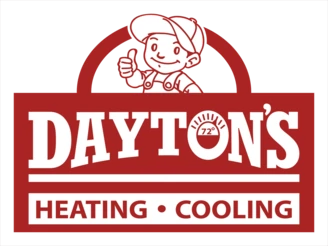
How To Prepare Your Outdoor AC Unit For Severe Storms in Bedford, IN
Indiana residents contend with an average of 22 tornadoes annually. Most of them occur during the spring and summer months, though autumn brings its share of extreme weather, too.
If you’re a Bedford, IN resident looking for severe weather protection, preparing your outside AC unit for storms is a critical consideration. Read on to learn some storm preparation tips for Indiana homeowners looking to protect their HVAC systems.
Don’t Shirk Routine Maintenance
Routine HVAC unit maintenance can maximize your energy efficiency, keep you comfortable, and ensure that no safety issues or electrical failures arise. It also ensures that your outside AC system is in good shape when stormy weather comes.
A professional can check for system leaks that can cause water damage to your unit and its wiring. Indiana thunderstorms and tornadoes come with rain that increases this risk, and potential flooding makes destruction even more likely. Only an expert can reliably find leaks, so don’t try to DIY routine maintenance.
Maintenance experts will also make sure that your outdoor unit is clear of dust and debris that can clog up its fan and other ventilation components. If leaves, dust, and dirt are stuck inside the unit, you might not be able to turn on your air conditioner post-hurricane.
Professionals also will find potential problems with AC unit parts when they inspect your outdoor unit. They can repair, replace, and clean them to keep them in good enough shape to contend with all weather conditions. This makes it more likely that your outside AC system can function for many years to come regardless of Indiana’s weather conditions.
Secure and Protect Your Outside AC Unit
When you know that a severe storm is on its way, ask a professional to help you move it to an elevated platform. This is important because it’s less likely to be impacted by flood water buildup.
Secure your outdoor AC unit with straps to protect it against high winds. Specialized “hurricane straps,” also known as “hurricane ties,” are metal ties that secure your unit to the pad or stand that it sits on. They’re not just for hurricanes but all types of storms that you’re more likely to see in Indiana.
These straps give your unit some extra security so it doesn’t blow away. However, they don’t stop debris from blowing into the unit during heavy winds. That’s where a durable plastic tarp comes into play.
Cover the entirety of your unit with a waterproof tarp. Secure it to the pad or stand alongside the hurricane straps. This also stops moisture from building up inside the ventilation system and destroying HVAC components.
Keep the Area Clean
Keeping debris out of your Bedford, Indiana outside AC unit is easier when you keep the area clear and clean. Trim any nearby tree branches, bushes, and other vegetation. You don’t want branches and sticks blowing into the unit and damaging it, and you don’t want it getting clogged up with leaves and twigs.
Make sure that you also sweep away any leaves or helicopter seeds that have already landed on the ground. This will stop a severe storm’s heavy winds from blowing foreign objects upward and into the ventilation system.
You also should move other loose objects like patio furniture and decorative garden features away from the air conditioner. This prevents them from becoming flying projectiles that beat on your unit and break it.
Prepare for Power Surges
Strong storms, especially those with heavy winds, naturally cause power surges. Outside AC units are powered by electricity, and they can only tolerate so much electrical current before they short-circuit. If more electricity than it can handle enters into its power cords, it can stop the unit from working and fry its inner components.
Storms bring a lot of power surge potential because they downturn power lines. They’re also common when lightning strikes a power line or electrical system in your area.
Luckily, a surge protector can protect your HVAC system. An Indiana AC professional will hook it up to your alternating current utility line. Since your AC is plugged into this, it’s less likely to have voltage-spike-related problems since the surge protector absorbs the excess electricity.
However, even if you have a good surge protector, it’s also critical that you turn off your outside AC unit when a storm is on its way. If it’s off, power surges are less likely to damage and destroy it.
A unit that’s switched on is also susceptible to electrical smoke after an electrical surge, which can pose a fire hazard during a storm. So, switch your system off as soon as you see that a storm is coming. It keeps you safe from both property damage and injury.
Buy a Generator
While HVAC tips usually aim to stop long-term unit damage and fire hazards, it’s also important to prepare for the aftermath of a storm. If the power goes out in your area for several days, you won’t have a way to power your air conditioner. This will make your house uncomfortable, if not flat-out dangerous during the harsh Indiana summer heat.
A generator can create power temporarily so you can run your air conditioner even if the power goes out.
Whether you have a generator or not, you also should prepare for potential outages before a storm. Set your thermostat a couple of degrees cooler than normal in the days before the storm. Even if the heat enters your home, its impacts will be slower and less severe if your house is already cool.
Invest in Bedford, IN Storm Preparation
Now that you know how to prepare an outside AC unit for severe storms, it’s time to begin maintaining your HVAC system in Bedford, Indiana. Our team at Dayton’s Heating and Cooling is committed to using their 40+ years of experience to help homeowners prepare for seasonal weather changes so they can stay safe and comfortable year-round.
We serve Mitchell, Springville, Orleans, and Brownstone as well as Bedford, so contact us to schedule a service that prepares you for storms and severe weather conditions.
